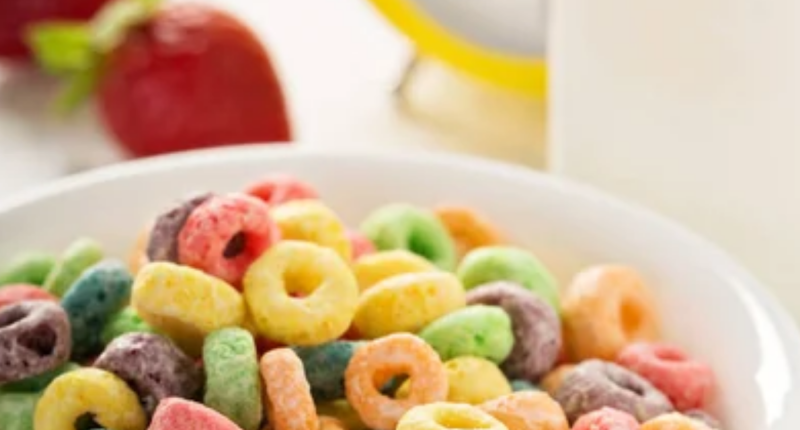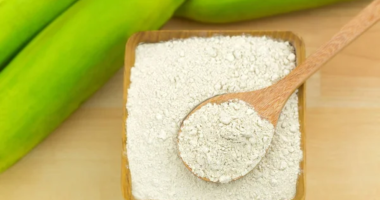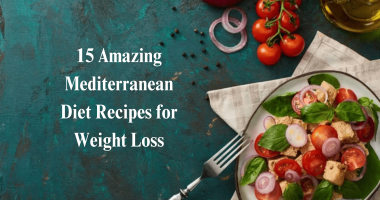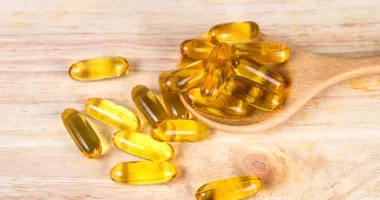Concerned about vitamin B12 deficiency? While it’s crucial to prioritize B12-rich foods knowing what to avoid can be equally important. Let’s look at the Vitamin B12 Deficiency Foods To Avoid When building Up Your B12 Again!
Vitamin B12, also known as cobalamin, is an essential nutrient playing crucial roles in various bodily functions. It’s a water-soluble vitamin, meaning your body doesn’t store it for long and you need to obtain it regularly through your diet or supplements.
The recommended daily amount of vitamin B12 for adults is 2.4 micrograms. However, higher doses are safe, and your body absorbs only as much as it needs. For people over 14, the RDI for vitamin B12 is 2.4 mcg. Pregnant individuals have slightly higher vitamin B12 needs than the general population. Most people in the United States consume adequate amounts of vitamin B12 from food, with average daily intakes of 5.94 mcg for men age 20 and older and 3.78 mcg for women, National Institutes of Health.
Vitamin B12 is only found naturally in animal products, so people who do not eat meat, fish, poultry, or dairy are at risk of becoming deficient in vitamin B12. Vegetarians and vegans should include B12-fortified foods or a B12 supplement in their diet. It’s suggested that People with vitamin B12 deficiency should avoid the following foods and drinks as they can interfere with vitamin B12 intake.
Highly Processed Foods
These are often devoid of vital nutrients like B12 and fiber, and their refined sugars can negatively impact blood sugar levels, potentially affecting B12 absorption. Examples include white bread, sugary cereals, instant noodles, and packaged snacks. Opt for whole grains, fruits, vegetables, and lean protein sources instead.
Excessive Alcohol Consumption
Excessive alcohol consumption is a significant risk factor for vitamin B12 deficiency. It can negatively affect B12 absorption, storage, and utilization in the body, leading to various health problems. Here’s how:
- Alcohol irritates the stomach lining, hindering the production of intrinsic factor, a protein essential for B12 absorption from food. This can lead to reduced B12 intake even from a healthy diet.
- The liver stores B12, but excessive alcohol consumption can damage liver cells and impair its ability to store and release B12 when needed.
- Alcohol is a calorie-dense but nutrient-poor beverage. It can displace nutritious foods rich in B12 from your diet, further contributing to deficiency.
- Alcohol can increase B12 excretion through urine, leading to faster depletion of bodily B12 stores.
- Folate is another essential vitamin that works synergistically with B12. Alcohol can also interfere with folate absorption and metabolism, further worsening the overall impact on neurological and hematopoietic functions.
Eating Too Much Refined Carbohydrates
White rice, pasta, and pastries offer minimal B12 and can cause rapid blood sugar spikes, potentially affecting B12 absorption. limit the intake of refined carbohydrates and eat more whole grains like brown rice, quinoa, and whole-wheat bread for sustained energy and better nutrient intake.
Excessive Artificial Sweeteners
While not directly impacting B12 levels, artificial sweeteners in diet drinks and processed foods can contribute to poor overall nutrient intake, indirectly increasing B12 deficiency risk. Opt for water, unsweetened tea, or naturally sweetened beverages whenever possible.
Do not Neglect
Diet: Focusing solely on avoiding certain foods without ensuring a balanced diet rich in various nutrients can hinder B12 recovery. Consult a nutritionist for personalized guidance to create a well-rounded meal plan that addresses your specific needs and preferences.
B12 Supplementation: If you have confirmed B12 deficiency, relying solely on dietary sources might not be sufficient. Depending on the severity of the deficiency, your doctor may recommend B12 injections or high-dose oral supplements. Follow their guidance carefully for optimal recovery.
Key Functions of B12
- Red Blood Cell Production: B12 is vital for making healthy red blood cells, which carry oxygen throughout your body. Deficiency can lead to anemia, causing fatigue, weakness, and shortness of breath.
- Nervous System Support: B12 helps maintain healthy nerve function and protects against nerve damage. Deficiency can result in numbness, tingling, memory problems, and even mental health issues like depression.
- DNA Synthesis: B12 plays a key role in DNA synthesis and repair, important for cell growth and development.
- Energy Production: B12 is involved in converting food into energy, contributing to overall vitality and well-being.
Sources of B12
Animal Products: B12 is naturally found in animal-based foods, including meat, poultry, fish, eggs, and dairy. It’s particularly abundant in organ meats like liver.
Fortified Foods: Some foods, like breakfast cereals, plant-based milk alternatives, and nutritional yeast, are fortified with B12, making it a good option for vegans and vegetarians.
Supplements: B12 supplements are readily available in oral and injection forms, often recommended for individuals with specific dietary restrictions or absorption issues.
ALSO READ: Vitamin D supplementation impact on fatigue: What scientists say
The information in this article is backed by research findings from reliable sources by the soundhealthandlastingwealth.com team.





![Best time to eat corn for weight loss - [Powerful Guide]](https://soundhealthandlastingwealth.com/wp-content/uploads/2024/01/Corn-for-weight-loss-380x200.webp)



